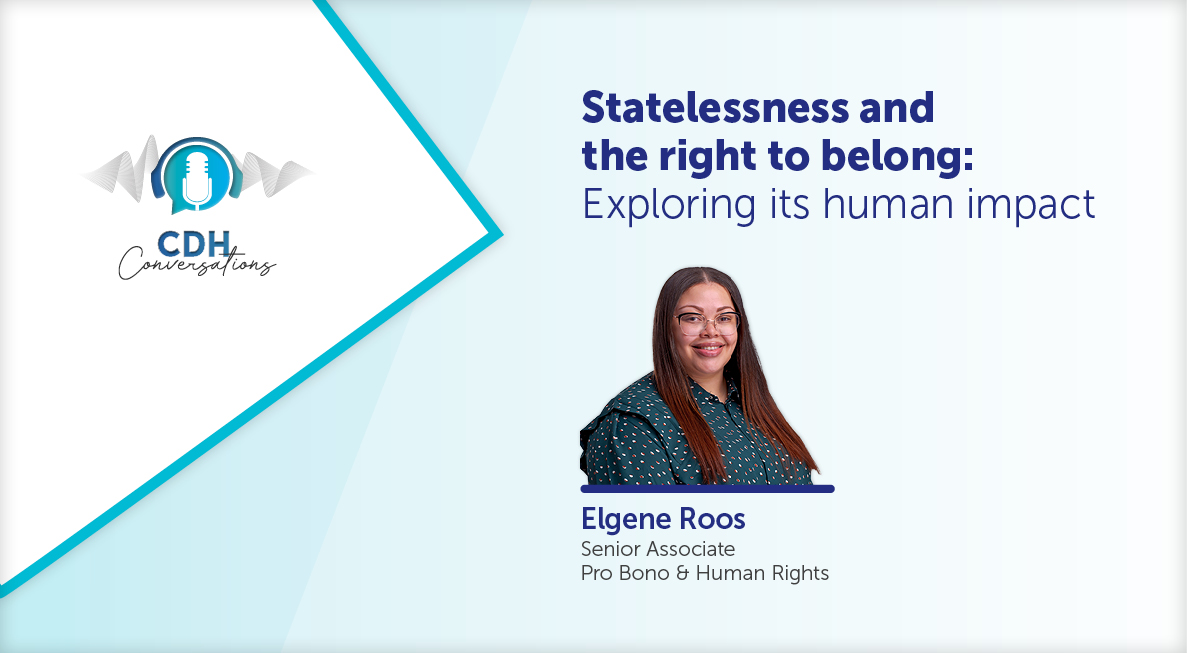Can an employee waive a right contained in a collective agreement?
This question was dealt with in the recent case of Msiza and Another v The African Local Government Bargaining Council and 2 Others [2015] ZALCJHB 133. The Labour Court was tasked with deciding whether the termination of fixed term contracts constituted dismissals where the employees had waived their right to have their contracts converted to permanent contracts of employment.
In 2001, the first and second applicants (Employees) were employed by the KwaMahlanga Transitional Local Council as Chief Executive Officer and Senior Administration Officer. In 2005, the KwaMahlanga Transitional Local Council merged with the Mkobola Transitional Council to form the Thembisile Hani Local Municipality (Municipality). After the merger, the Municipality employed the Employees as assistant managers on five year fixed term contracts.
The South African Workers Union (SAMWU) and the Municipality entered into a collective agreement which provided that employees' fixed term contracts would be converted to permanent contracts. In 2008, all assistant managers signed an internal memorandum indicating that the collective agreement entered into between the Municipality and SAMWU operated in exclusion of them as they had already signed employment contracts with the Municipality.
On 30 July 2011, the Municipality extended the Employees' contracts for two months and advertised the Employees' positions. The Employees were given the opportunity to reapply for their positions. However, upon reapplying, the positions were no longer available.
The employees referred an unfair dismissal dispute to the Commission for Conciliation, Mediation and Arbitration (CCMA). At arbitration, the commissioner was presented with the collective agreement entered into between the Municipality and the SAMWU, which purported to convert the assistant managers positions into permanent positions and terminate their fixed term contracts. The commissioner was also provided with the internal memorandum signed by the Employees, waiving their rights in respect of the collective agreement. The commissioner found that the Employees had not been dismissed by the Municipality, and that their fixed term contracts had expired.
On review to the Labour Court, the Employees submitted that they had entered into the fixed term contract under duress and that the commissioner failed to take into account their evidence regarding the conditions of employment. In viewing the evidence in totality, the court did not accept the employees' version in this regard. It was clear that the Employees had waived their rights emanating from the collective agreement and that the Employees lacked sufficient evidence to prove undue duress.
The Employees also submitted that the commissioner made a ruling prior to the parties submitting their closing statements. In considering this, the court made reference to Herdholdt v Nedbank Ltd [2012] 9 BLLR 857 (LAC), where the Labour Appeal Court stated that "an error by the arbitrator would not warrant the setting aside of the award, unless it had the result that the arbitrator was diverted from the correct path in the conduct of the arbitration and as a result failed to address the question raised for determination in the arbitration."
In applying the test in Sidumo v Rustenburg Platinum Mines Ltd & Others2008 (2) BCLR 158 (CC), the court viewed the commissioner's decision as one that a reasonable decision maker could reach. As a result, the court dismissed the Employees' application to review and set aside the award.
Employers are urged to consider whether Employees have waived any rights contained in a collective agreement. Such waiver may permit Employers to act in a manner which may otherwise be prohibited or in contravention of a collective agreement.
The information and material published on this website is provided for general purposes only and does not constitute legal advice. We make every effort to ensure that the content is updated regularly and to offer the most current and accurate information. Please consult one of our lawyers on any specific legal problem or matter. We accept no responsibility for any loss or damage, whether direct or consequential, which may arise from reliance on the information contained in these pages. Please refer to our full terms and conditions. Copyright © 2026 Cliffe Dekker Hofmeyr. All rights reserved. For permission to reproduce an article or publication, please contact us cliffedekkerhofmeyr@cdhlegal.com.
Subscribe
We support our clients’ strategic and operational needs by offering innovative, integrated and high quality thought leadership. To stay up to date on the latest legal developments that may potentially impact your business, subscribe to our alerts, seminar and webinar invitations.
Subscribe




